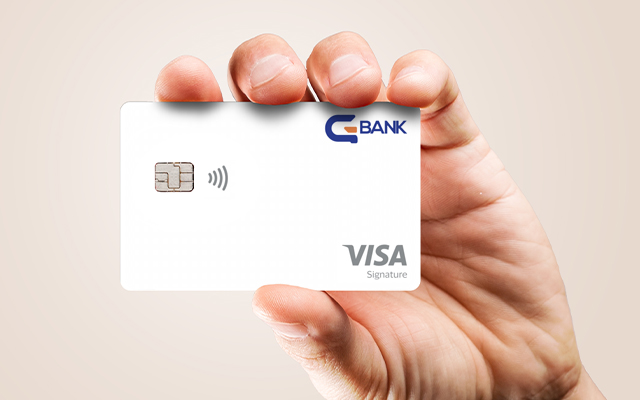Protect Your Banking Information: Cyber Security Tips You Need to Know
10/13/2021
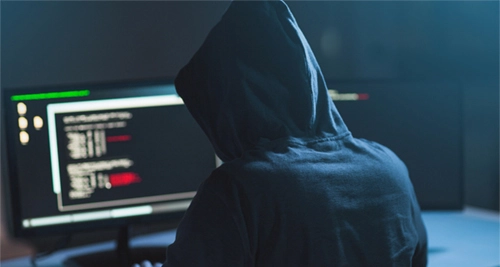
In the past year, cybercrimes and scams have been off the charts due to the current climate's uncertainty. Don't fall victim to these schemes. Learn how to protect your banking information with these vital cyber security tips.
Don't Email Information to the Bank
For the most part, bank emails are no more secure than your own. Never email what you wouldn't want to be public knowledge. Hackers can intercept sensitive emails and steal personal information like your birth date, bank account, and social security number.
Use Only Encrypted Sites and Data
Any data you have stored on your computer or in a digital cloud should be thoroughly encrypted. This is the core of cybersecurity. Encrypted data is harder to access and gives you a chance to change passwords or account numbers before they are compromised.
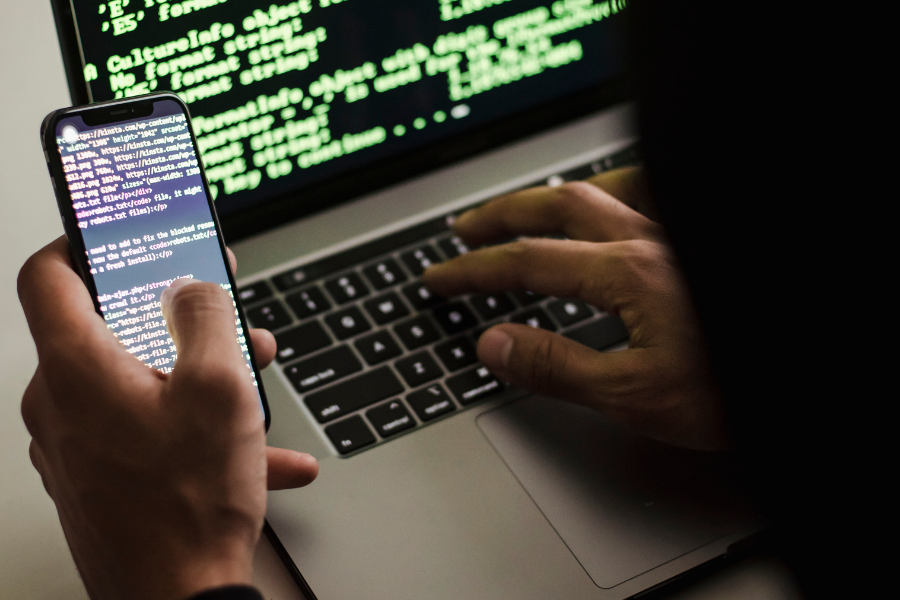
Beware of Phishing and Other Scams
Avoid phishing and scams by following this simple rule; never click on links in any email, even if you know where it's coming from. Phishing scams seek to trick you into clicking compromised links and sharing private information. Sometimes they mimic the look of a legitimate site. Other times they install keyboard stroke trackers so they can watch what you type. Regardless, avoid clicking links, and make sure to type in the URL when you visit your banking institution online.
Protect Your Private Information
Private information is also called PII, or Personal Identifiable Information. This is information that criminals can use to locate or identify you. It can be your name, address, date of birth, phone number, Social Security number, computer IP address, and so much more. Be very cautious of what information you put online.
Social media sites love to ask you to include a phone number on your profile these days. Frankly, this is a terrible idea. Lock down your settings and protect your private information.
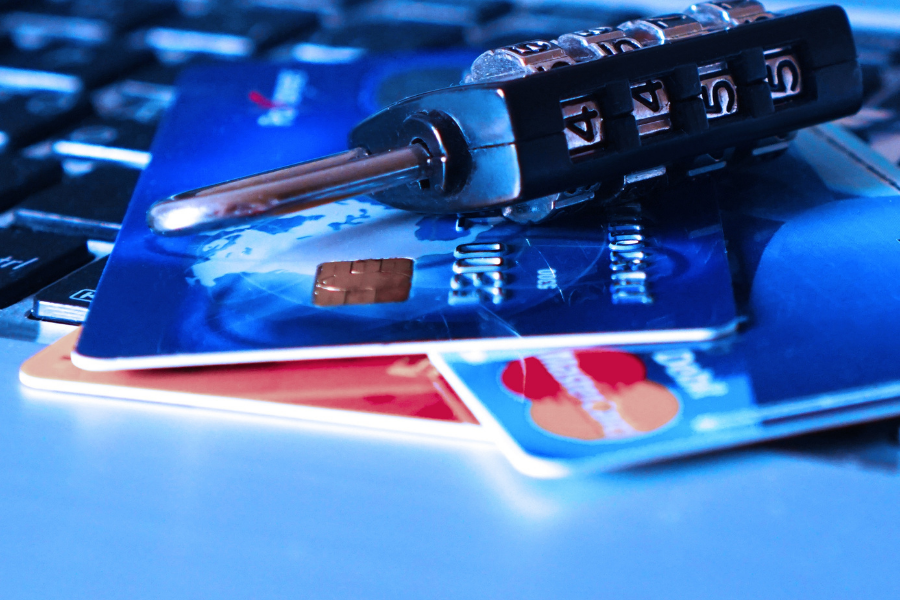
Update Your Software
Any time your computer or phone prompts you for an update, make sure it happens. This should be a no-brainer; software updates almost always include patches to improve security. Still, too many people worry about the inconvenience and leave as is. Always keep your software updated, and you will be better equipped to fight back against cybercriminals.
Use an Antivirus and Keep Your Firewall on
People also tend to feel like antivirus software, and firewalls are too intrusive to bother with. While these programs can be a nuisance at times, ultimately they serve to protect you. That's far better than having to replace all your accounts and fix a stolen identity.
Keep your firewall, antivirus, and antimalware programs running and updated at all times.
Use Strong Passwords and Two-Factor Authentication
Everyone knows strong passwords are key. Yet too many people prefer something simple and easy to remember, like a birthday. You don't need a long string of random numbers, capital letters, and symbols. Instead, use something only you'll remember between 8 to 64 characters. Also, try using a short sentence, separating words with dashes, or incorporating at least one number and several symbols. As a general rule, change your password at least once a year.
The Benefits and Drawbacks of Password Management Tools
Popular password management tools have made it easy for people to track and remember their passwords on different sites. They claim to be a secure and useful way to keep and manage your codes. Many of these subscription-based tools also have additional features, such as high-end security to protect your information.
On the other hand, a password management tool on a computer or cloud can still be vulnerable to a determined hacker. If this is your concern, going analog is best. You could consider keeping your passwords in a ledger or journal under lock and key. That way, hackers have no way to get to it.
Your Phone Is Not Secure
Many people think their phone is immune to hacking. However, the sheer number of data breaches seen over the past few years demonstrate that it can't be true. It doesn't matter whether you use the latest Android or iOS phone. Hackers will always find a way. Use the same kinds of strong passwords on your phone that you do on a computer, even if they're trickier to type. Only use apps from trusted sources like Google Play or the Apple Store. Always keep your software updated and protect your personal information. Use phone tracking software and perform regular backups. In short, do the same thing with your phone as you do with your computer.
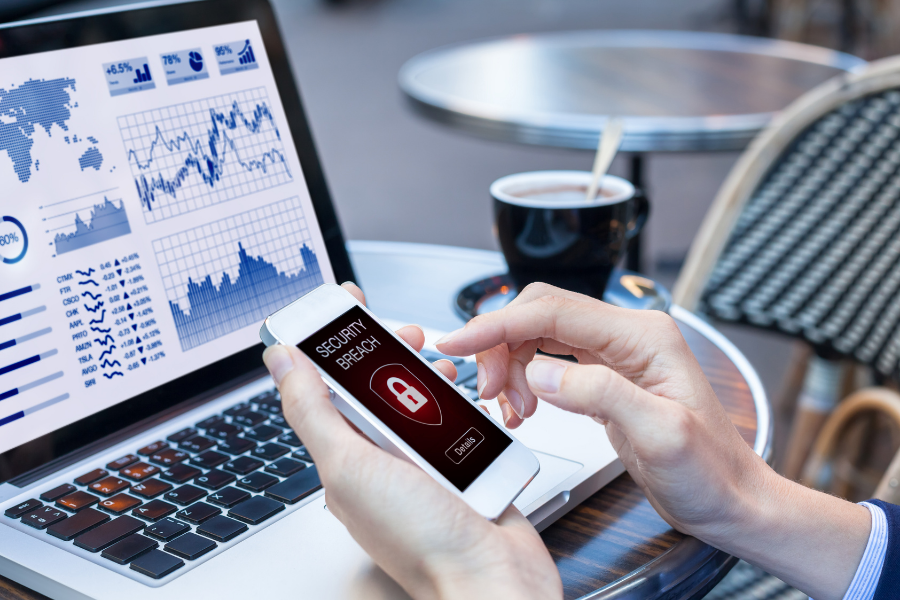
Don't Use Public Wi-Fi
Millions of people use public Wi-Fi every day. The problem with public Wi-Fi is in the name. It's public! If you must do business on a public network, install a Virtual Private Network (VPN). This will encrypt all traffic between your device and the VPN server. That makes it harder for someone to snoop, spy, or steal your information on a public network.
These are just a few tips that will protect you from the latest cybercrimes. Need more? Check out our security resources or contact experts at GBank today!

